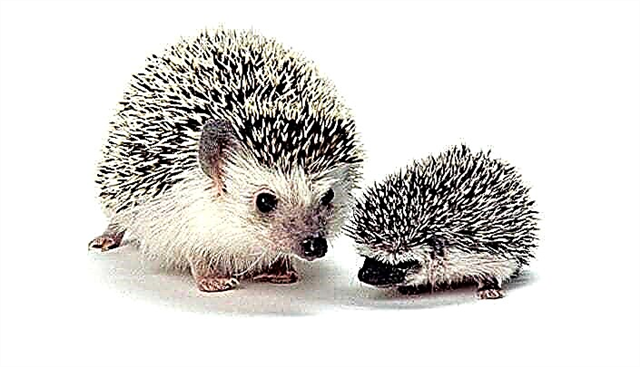
The phrase “leave in English” is widely used; it is so firmly established in everyday life that it causes a minimum of questions. Many people are convinced that this is really some kind of English tradition - to leave a feast or any other event without saying goodbye and not declaring to anyone about their desire to leave this place and people. But is this so, and are the English, known to the whole world for their politeness and courtesy, behave in this way?
It is worth exploring it in detail, because a lot of amazing discoveries are really hidden under them. So, where did this phrase come from?
The history of the phrase: leave in English

The English themselves are also actively using this phrase, but they say it differently. “Get out in French,” that is how she sounds in their midst. There are two assumptions about how such a statement originated:
- cultural;
- historical.
According to the first version, in France of the 18th century it was customary to leave the balls unnoticed by the organizers. But in the 19th, the French began to talk like that about the British, because there was a long competition between the countries.
The historical version seems more plausible, it has more reasons, although it can also be disputed, because it is extremely difficult to prove such things. It is believed that these winged words appeared in 1756-1763, when the so-called Seven Years War was waged, in which the British and French were on different sides.Some scholars have noticed that with the words “leave in French,” the British military laughed at their rivals, the French, indicating their love of desertion and unauthorized absence. The phrase sounded like "to take French leave." Further, the French changed the same phrase, began to use it already in relation to the British - and it became common in their ranks.
Interesting fact: this version can be called believable already because there were really constant mutual accusations between the British and French, these peoples openly competed. Jokes that originated in one camp and turned against the enemy often returned in the opposite interpretation, as happened with this phrase, which turned out to be so successful that it scattered around the world.
Post-war use of the phrase

Considering the evolution of this winged expression, it should be noted that in the 18th century both its variants were actively used, both about the British and about the French. Such words flew after everyone who left the event without notifying the owners and the environment. They were intended to emphasize that the departed guest is far from his good manners in his behavior. After all, saying goodbye to the organizers or owners was necessary, but with friends and the environment - it is highly desirable. Using this phrase, they laughed at those who urgently and secretly retire with a lady, or are not able to continue the party due to the abundance of drunk. In any case, such words emphasized the immoral, impolite behavior of a person.
Henry Seymour and the English farewell
There is another version of the origin of these words. Someone claims that Lord Henry Seymour, who lived in France for many years, is guilty of the phrase. Allegedly, it was he who often left the events, without saying goodbye to anyone, and at the same time had the notoriety of an eccentric. So, they used to say that Henry loved to change clothes as a coachman, arrange disgraces on the roadway, and then disappear with impunity, just hiding in the crowd.
Feuds, traditions, and winged words
In any case, blaming the British for lack of etiquette would be pointless, since in the traditions of this country, politeness is very respected, and it is customary to say goodbye to the owners. They are characterized by precautionary behavior, polite manners, and there is no doubt about that. As well as the fact that in this language there is a mass of winged phrases associated with the French, exposing them in an unattractive light.
Another phrase, spread around the world, says: “I'm sorry for my French,” with these words it’s customary to apologize for the phrases uttered, and it is widely used even in Russia. There are other words that denounce long-standing rivals of the English: “help like a Frenchman,” which means indulging in idleness in a situation where it is necessary to participate in solving the problem.
All of these and many other phrases come down to those times when nations were at enmity, and people sought to expose enemies as wittily as possible. This is a completely normal phenomenon, which can be seen in the languages of many other peoples.In Russian, the barn is a rather unsightly utility building, and the Mongol-Tatars during the yoke had Sarai-Batu, the city that became the center of the Golden Horde. The red cockroach is called the Prussian, and Russia also waged a heavy war with Prussia. Similar examples can be given endlessly.
So, there are several versions with regards to how this phrase appeared. Most likely, this happened in the era of the wars between France and England, when both peoples sought to invent various unpleasant things about enemies - both based on facts and spontaneous.












